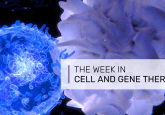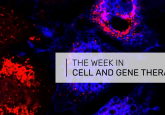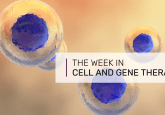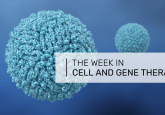Oncovirus boosts efficacy of CAR-T cell therapy against solid tumors
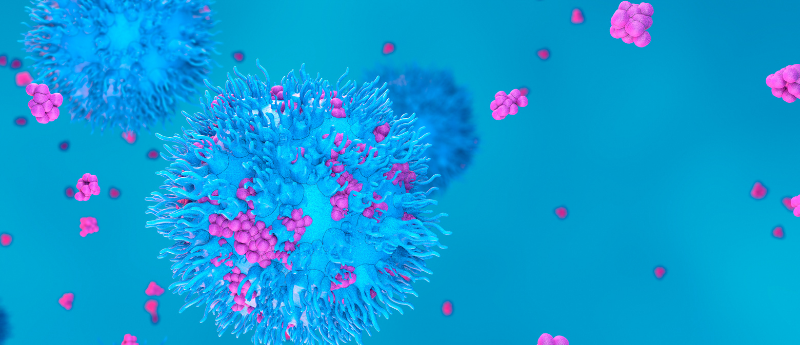
Mayo Clinic (MN, USA) researchers have combined CAR-T cell therapy with an oncolytic virus to produce a new cancer immunotherapy that, in animal models, is more effective at targeting and treating solid tumors than the administration of either treatment alone.
CAR-T cell therapies have had limited success in treating solid tumors, in part due to a lack of tumor-specific antigens. In this study, published in , oncolytic viruses were investigated as a prospective tool to potentiate the efficacy of CAR-T cell therapy against solid tumors.
Researchers loaded CAR-T cells with vesicular stomatitis virus or reovirus and systemically co-administered them to immunocompetent mice. They found that the treatment prolonged the survival of mice with subcutaneous melanoma and intracranial glioma tumors without causing significant toxicity. It was also shown that the dual treatment resulted in apparent protection in the cured mice against tumor recurrence.
The researchers defined a mechanism by which the oncolytic viruses can increase the efficacy of CAR-T cells: the virus-loaded CAR-T cells transport and release the oncolytic virus to the tumor microenvironment, and the tumor cells become infected, suffer viral replication and ultimately cell death. The article indicated that this sequence induced enhanced proliferation, CAR-directed antitumor function and distinct memory phenotypes.
The authors of the article wrote, “We show in an immunocompetent mouse model that coadministration of an oncolytic virus with CAR-T cells expands dual-specific CAR-T cells through presentation of viral antigens through their T-cell receptor.”
These findings demonstrate the utility of this dual therapy in mice and provide a prospective outlook for human studies. The authors explained, “Human CD19 CAR-T cells could also be expanded in vitro with [T-cell receptor] reactivity against viral or virally-encoded antigens and was associated with greater CAR-directed cytokine production.”
Corresponding author Richard Vile did mention that positive results in animal studies are not always carried over to human studies. “Nonetheless,” he continued, “we are hopeful that we will be able to take this strategy into clinical trials within a year or two. By doing such trials at Mayo Clinic, it will be possible to see if we can add a further level of efficacy of CAR T-cell therapy to the treatment of solid tumors of different types.”
Source: Mayo Clinic researchers load CAR T cells with | EurekAlert!
